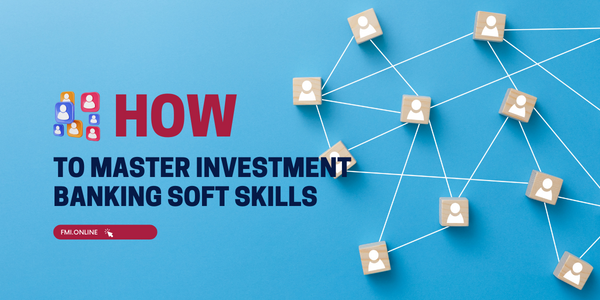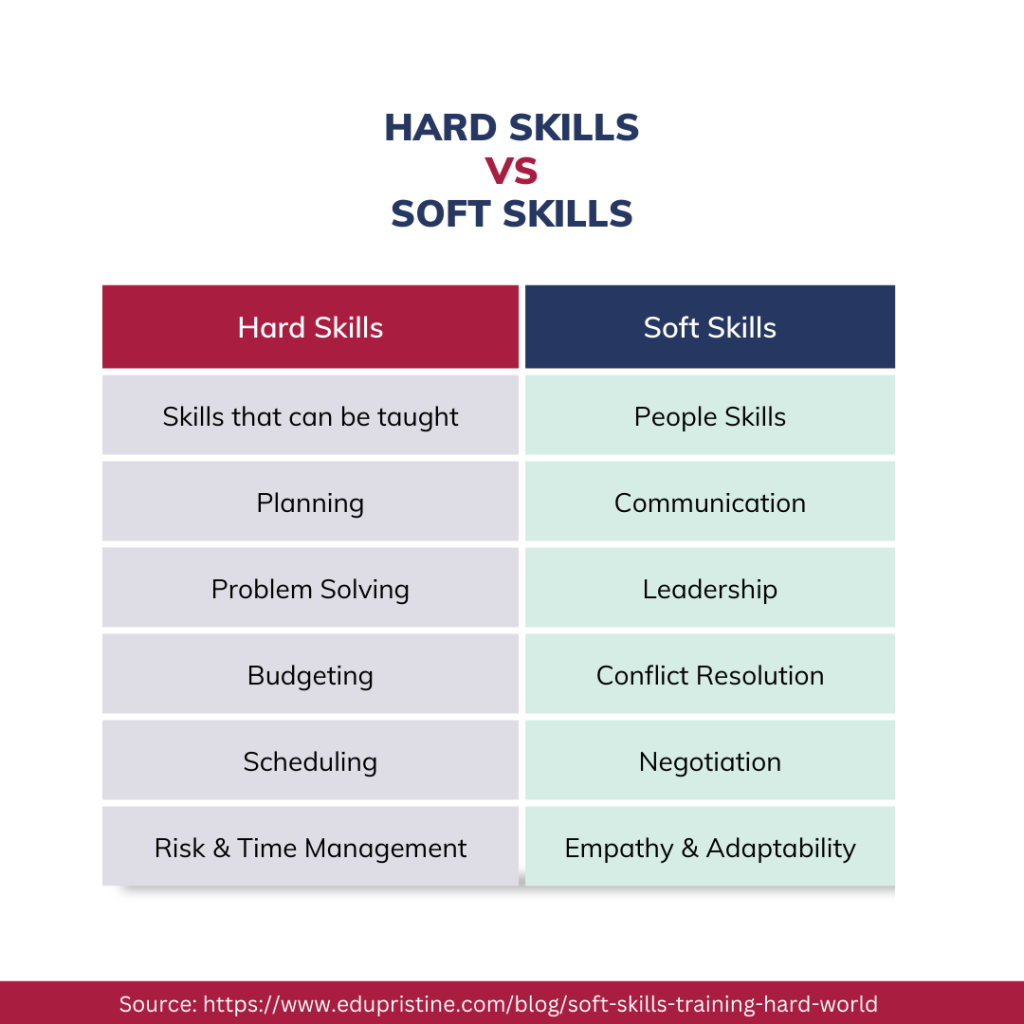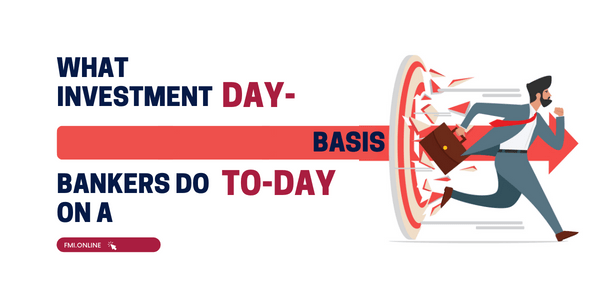Investment banking, being one of the top career choices for fresh graduates, tends to attract many. Fresh out of business school, the allure of a six-figure salary, being immersed in the Wall Street culture, and the prestige of working for one of the world’s oldest business institutions can be enticing. Even if you have a unique combination of education, experience, and passion, gaining entry into investment banking can be challenging. Let’s look at the top ten challenges of breaking into the IB industry and how you can overcome them.
Not knowing how to network
The importance of networking in investment banking can’t be overstated. How can online applications stand against personal, human relationships? Given the intense competition in the industry, online applications hardly work. In 2021, JP Morgan received 125 applications for each job opening in the IB department.
One should focus on building their network right from their college. Career events, alumni networks, industry fairs, talking to professors, and campus placements are great places to start. You can also email bankers and others in this industry and request to meet for informational chats. This way you can start building a relationship with them even before applying for jobs. However, you must stay in touch after the initial conversation.
Unrelated academic background
While it is true that investment banks hire from a variety of fields, a liberal arts major can indeed get a job at Wall Street. However, as observed by Business Insider, a college degree in finance was pursued by a majority of the investment bankers on Wall street. Accounting and business degrees are also popular educational backgrounds. If you stick to the traditional fields of study that are most closely aligned with the industry, you’ll be tilting the odds in your favour.
Nonetheless, you can improve the odds by pursuing courses related to investment banking or finance. Alternatively, you can opt for a double major, with a second major in finance, if your college allows you to do so. At last, you can pursue an MBA in finance right after your graduation.
Average college degree
Investment banks recruit candidates from the best universities in the world. Ivy League schools, the LSE, the University of Cambridge, the University of Oxford, and the University of Warwick are consistently the top choices for recruiting potential candidates. Graduating from a decent college is the bare minimum and might help you enter into IB as an intern but your chances of getting hired as a junior analyst are much higher with a degree from a renowned institute.
Can you expect to break into IB without attending a prestigious institution? You can stand out and attract attention with your grades. Graduating at the top of your class will place you in an advantageous position. Moreover, you can also go for advanced degrees such as MBA to improve your chances of breaking into IB.
Lack of technical knowledge
The basics of corporate finance, economics, Excel and valuation are fundamental blocks that any IB aspirant must know. An investment banker works on multiple types of corporate transactions, and it is expected from the candidates to be well-informed about them.
One can overcome this challenge by reviewing the basics, going through case studies, practising questions, reviewing recent IB deals and through online courses.
Lack of analytical skills
Analytical skills are an essential component of any job role in IB. You need to improve your analytical skills along with related skills such as communication, presentation, financial modelling, etc.
You can improve upon your analytical skills by studying deals on subjects like M&A, and IPOs, practising financial modelling and engaging in intellectual conversations regularly with your peers, seniors, professors, and analysts.
No professional experience
You read that right! Lack of experience could be a serious challenge even when you are trying to break into the industry. Internships provide a path for candidates and fresh graduates to obtain full-time employment in investment banking.
If you haven’t thought about internships yet, you must start applying to summer internship programs at all the top investment banks. An internship allows you to try out your desired field, gain exposure to the culture, get work experience, and impress potential employers
Not standing out
Trying to stand out in such a crowded industry is hard, especially when you are competing with top graduates from the best universities around the world. However, you must differentiate yourself from other candidates to gain an edge over your competition and make an impression in the eyes of the recruiters. There are several ways to do that – you can start by showing your passion and willingness to learn by pursuing online courses. You can start investing and maintaining a portfolio of different asset classes, along with your reasonings. Moreover, you can pursue summer internship programs in investment banking or related fields of finance such as asset management.
Quality of resume
According to research, it takes 6 seconds for a recruiter to go through a resume, before selecting or rejecting it. Use this time to build a resume that will help you stand out. Make sure that your resume is short and it includes keywords relevant to IB.
A relaxed approach towards life
If you are not disciplined enough to go through the lengthy process of reaching out, sending cold emails, following up and facing rejections, breaking into investment banking would be a great challenge. You can develop a daily routine of sending cold emails and reaching out to potential employers without expecting great results in the initial attempts. You must prioritise this exercise as much as your studies and must follow your routine daily.
Lack of confidence
Many candidates often fail to communicate their passion towards the industry during interviews due to nervousness. Although it is natural to be nervous, you must remember that the person interviewing also shares the same interest and had the same zeal as you a few years ago. If you have made it to the ‘super day,’ you must remain calm and use every opportunity to express your genuine interest in the field along with your willingness to learn and meet new people.
The Bottom Line
If any of the challenges resonate with you, you must also understand that these challenges can be overcome easily. The trick lies in starting early and being consistent so that you have time to improve.





